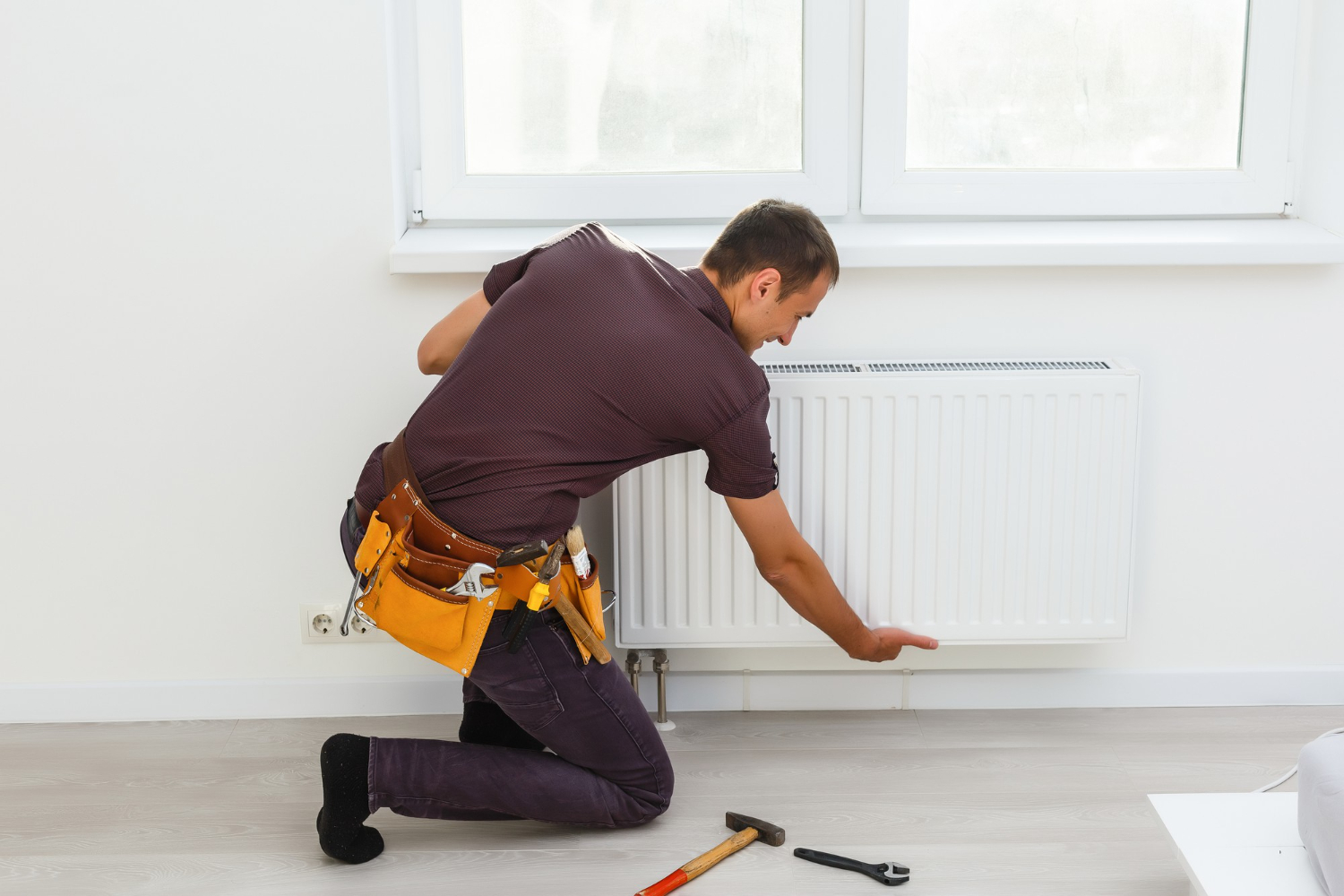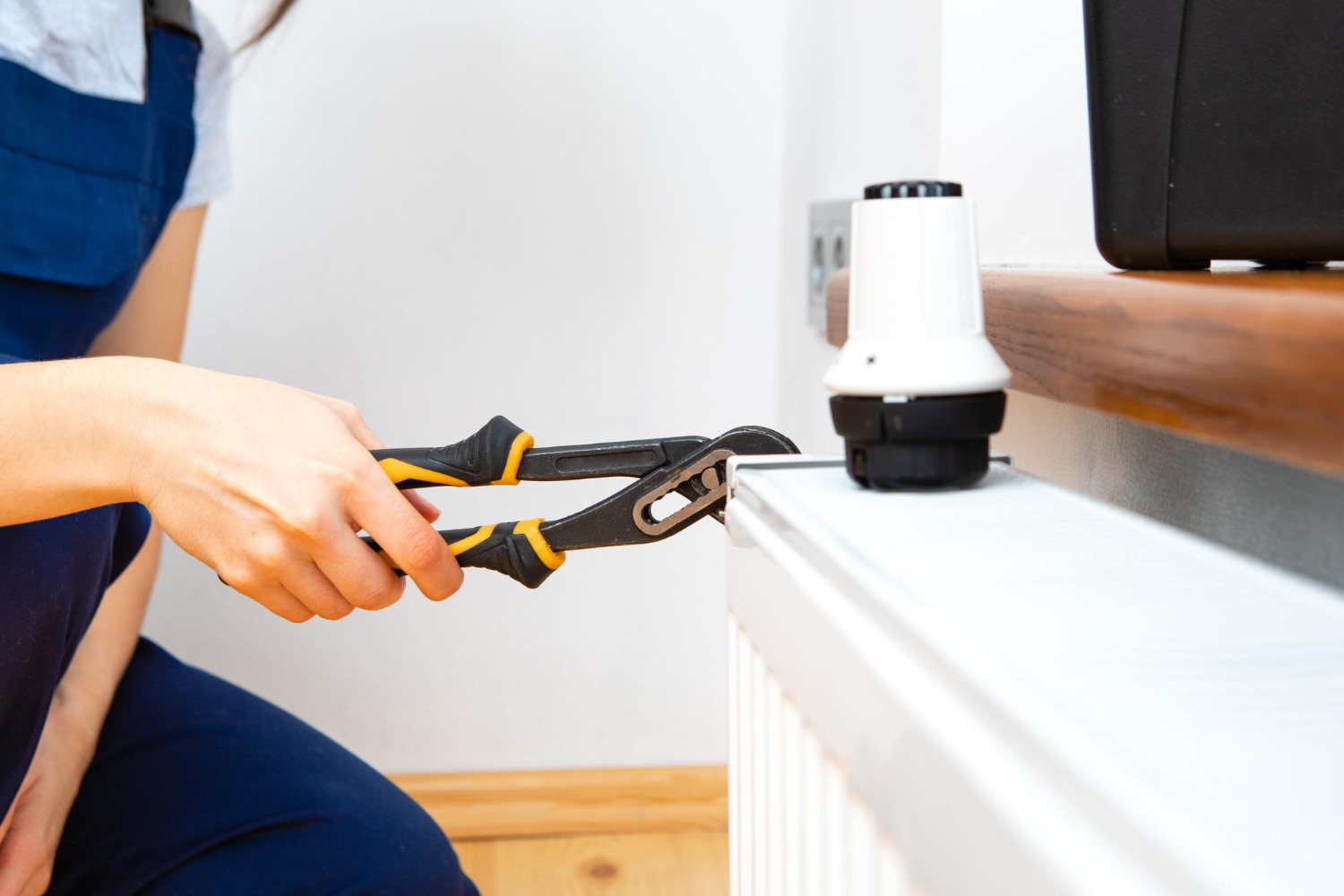Keeping your heating system in peak condition is crucial for maintaining a comfortable home when temperatures drop. Regular tune-ups ensure that your system operates efficiently and safely, providing peace of mind and reducing unexpected breakdowns. These routine checks help keep energy bills in check, as a well-maintained system uses less energy to heat your home consistently.
A tune-up involves thorough inspection and cleaning, which tackles potential issues before they become major repairs. This attention to detail extends the life of your heating equipment, saving you money on costly replacements. Moreover, a tuned-up system enhances the quality of indoor air by reducing dust and allergens, contributing to a healthier living environment.
By investing in regular maintenance, you’re also prioritizing the safety of your household. Well-serviced equipment decreases the risk of hazards like gas leaks, keeping your family and home secure. Embracing a routine tune-up schedule is a proactive approach that helps you enjoy uninterrupted warmth throughout the colder months.
Understanding Heating System Tune-Ups
A heating system tune-up involves detailed maintenance to ensure all components are working efficiently. This process includes inspecting the system for any wear and tear, cleaning parts that accumulate dust and debris, and making necessary adjustments to optimize performance. Key components like the thermostat, burner, heat exchanger, and electrical connections are thoroughly checked. Technicians look for issues such as loose connections or blockages that could hamper the effective working of the heating system.
Regular maintenance is vital for various types of heating systems, including furnaces, boilers, and combi boilers. Each system has unique requirements. For instance, furnaces need burner adjustments and filter changes, while boilers often require checks for leaks and pressure settings. Routine inspections help catch issues early, preventing unexpected breakdowns during the colder months.
Tune-ups are also essential for safeguarding your investment. By maintaining a regular check-up schedule, you ensure your heating system runs reliably and efficiently throughout its lifespan. This proactive approach minimizes the risk of major repairs and extends the equipment’s longevity while supporting consistent home comfort.
Efficiency Gains from Regular Tune-Ups
Regular tune-ups enhance the energy efficiency of heating systems. Ensuring all components run smoothly means the system doesn’t have to work as hard to produce the desired warmth. This efficiency translates into lower energy consumption, which, in turn, reduces energy bills. Keeping your heating system in top condition is a cost-effective way to manage household expenses.
One of the most notable benefits is consistent home heating. Regular maintenance helps the system distribute heat evenly throughout the house, eliminating cold spots and maintaining a comfortable temperature. This consistency leads to a more pleasant home environment, especially during harsh winter months.
Tune-ups also play a crucial role in preventing small issues from becoming bigger problems. Addressing minor hiccups immediately stops them from escalating into costly repairs. During a regular check-up, components showing early signs of wear are repaired or replaced before they fail completely. This proactive measure saves both time and money in the long run, and helps maintain uninterrupted heating service in your home.
Extending System Lifespan
Regular maintenance and tune-ups play a pivotal role in extending the lifespan of heating systems. Like any other machinery, heating systems endure wear and tear over time. Tune-ups are designed to keep these systems in optimal condition, addressing minor issues before they morph into major repairs. Addressing these small concerns not only averts inconvenient breakdowns, but also reduces the overall stress on the system, helping it operate smoothly for years beyond its expected life.
One of the main advantages of regular maintenance is the decreased need for costly repairs. By identifying problems early, you reduce the chances of having to replace major components or even the entire system. This advantage translates to significant savings, both in time and in repair costs. Homeowners who dedicate time to regular tune-ups find their heating systems run more reliably, which is particularly beneficial during peak usage seasons when staying warm is essential.
Moreover, a well-maintained heating system is less likely to require a full replacement, saving you the hassle and expense associated with purchasing and installing a new system. By prolonging the operational life of your existing system, tune-ups ensure you extract maximum value from your investment, making it a wise choice for every homeowner.
Enhancing Safety and Air Quality
Conducting regular heating system tune-ups is essential for ensuring your home environment remains safe and healthy. One critical safety benefit is the prevention of hazards such as gas leaks. Professional technicians check for wear and tear on pipes and seals during tune-ups, addressing any potential leaks or weaknesses that could pose a risk to your family. They can also test for carbon monoxide emissions, a silent but dangerous threat, guaranteeing that your heating system operates safely.
In addition to safety concerns, tune-ups significantly enhance indoor air quality. Dust, pollen, and allergens can accumulate in heating systems over time, impacting air quality and exacerbating allergies. During a tune-up, technicians clean components like air filters, vents, and ducts, ensuring that these contaminants are minimized. A system free from blockage and dirt functions better, circulating clean air throughout your home.
Regular maintenance also prevents the buildup of mold and mildew, which can occur when systems aren’t properly ventilated or cleaned. By maintaining a clean system, you help ensure your indoor air remains fresh and healthy. Overall, tune-ups keep your heating system safe and improve the quality of the air your family breathes every day, offering peace of mind alongside practical benefits.
Conclusion
Regular tune-ups for your heating system are essential investments in your home’s comfort, efficiency, and safety. Consistent maintenance ensures your system performs at its peak, providing reliable warmth without the surprise of breakdowns. From improved efficiency and lower energy bills to enhanced safety and air quality, the advantages are numerous.
If you want to enhance your home’s heating efficiency while maintaining your family’s comfort and safety, My Jockey is ready to assist. Our experienced technicians provide comprehensive tune-ups that maximize your system’s lifespan and performance. Reach out today to keep your heating system running smoothly all season long.


